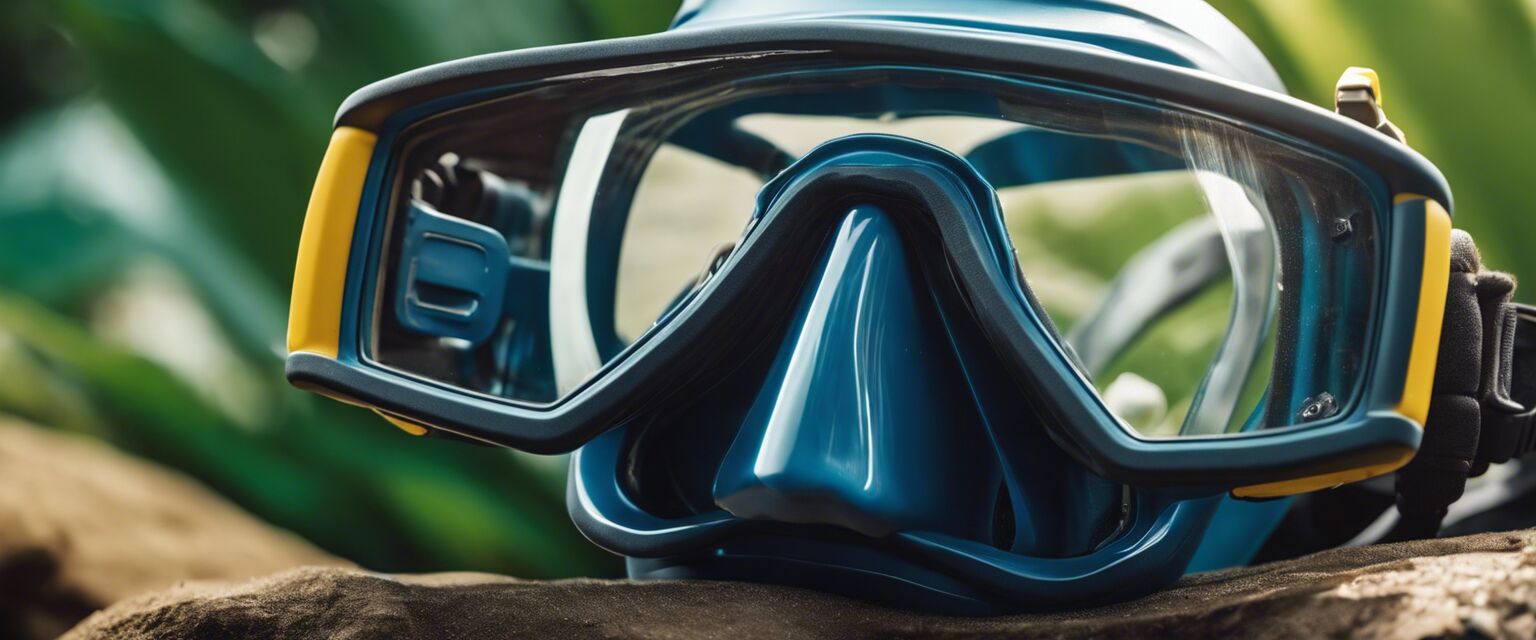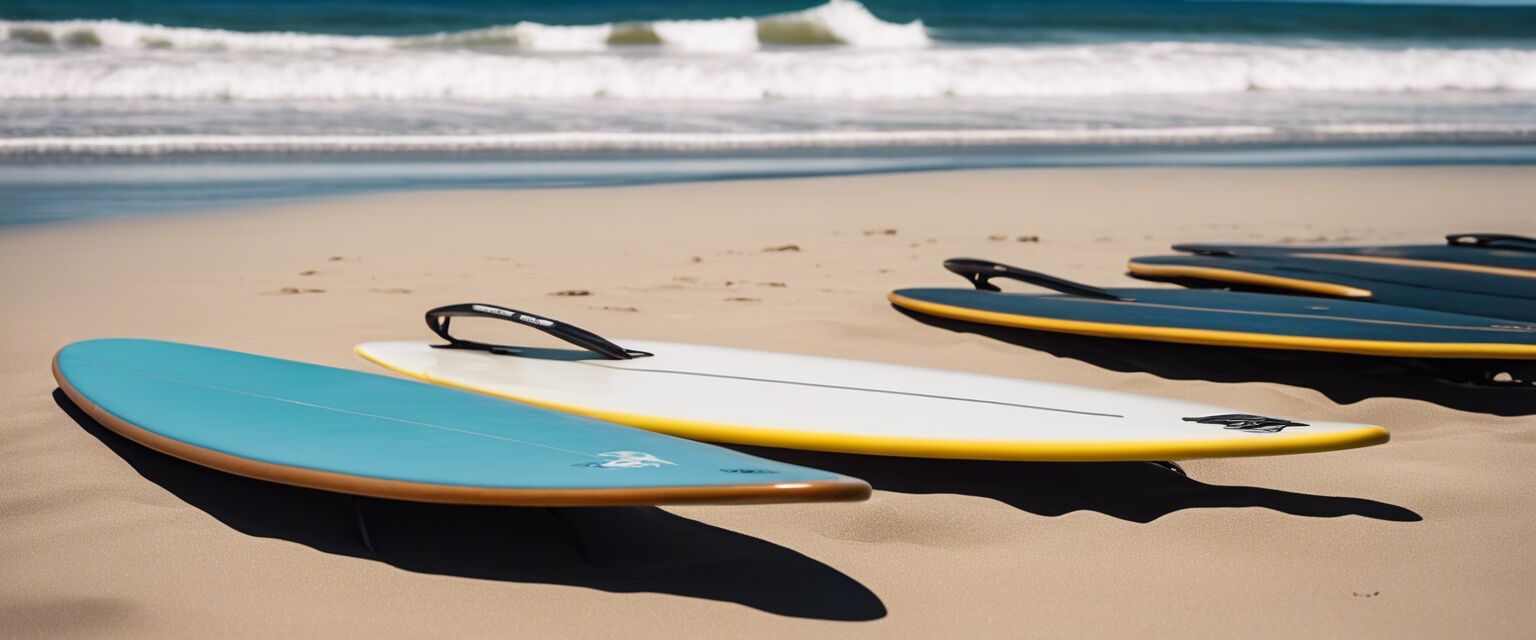
Green Diving Essentials
As a responsible diver, you want to explore the underwater world without harming the marine ecosystem. The good news is that you can make a positive impact by choosing eco-friendly diving gear. In this article, we'll dive into the world of green diving essentials, including masks, fins, and wetsuits that help protect our oceans.
Key Takeaways
- Choose diving gear made from sustainable materials, such as recycled plastic or bioplastics.
- Opt for gear with minimal packaging or those that use biodegradable packaging materials.
- Consider renting or buying second-hand diving gear to reduce waste.
- Support brands that prioritize sustainability and marine conservation.
Why Go Green?
The diving industry has a significant impact on the environment, from pollution to habitat destruction. By choosing eco-friendly diving gear, you can reduce your carbon footprint and contribute to the preservation of marine ecosystems. Here are some alarming facts that highlight the need for sustainable diving practices:
| Fact | Impact |
|---|---|
| 8 million tons of plastic waste enter the ocean every year. | Harms marine life, contaminates the food chain, and affects human health. |
| Diving gear is often made from non-biodegradable materials. | Contributes to the growing problem of marine pollution and waste. |
| The diving industry generates significant carbon emissions. | Accelerates climate change, which affects marine ecosystems and biodiversity. |
Eco-Friendly Diving Gear Options
Luckily, there are many eco-friendly diving gear options available in the market. Here are some sustainable materials and brands to look out for:
| Material | Brand | Description |
|---|---|---|
| Recycled Plastic | OceanPositive | Makes diving gear from recycled ocean plastic, reducing waste and promoting sustainability. |
| Bioplastics | EcoDive | Uses bioplastics made from renewable resources, such as corn starch or sugarcane, reducing carbon emissions. |
| Sustainable Rubber | SeaShepherd | Harvests rubber from sustainable sources, ensuring minimal environmental impact. |
Masks and Fins: A Closer Look
Masks and fins are essential diving gear that can make a significant impact on the environment. Here's how you can make a difference:
- Choose masks made from recycled plastic or bioplastics.
- Opt for fins with minimal packaging or those that use biodegradable materials.
- Consider renting or buying second-hand masks and fins to reduce waste.

Wetsuits: The Sustainable Option
Wetsuits are a crucial part of diving gear, but they can have a significant environmental impact. Here's how you can make a sustainable choice:
- Choose wetsuits made from sustainable materials, such as recycled neoprene or plant-based materials.
- Opt for wetsuits with minimal packaging or those that use biodegradable materials.
- Consider buying second-hand wetsuits or renting them for your diving trips.

What You Can Do
As a diver, you have the power to make a positive impact on the environment. Here are some ways you can contribute to sustainable diving practices:
- Support brands that prioritize sustainability and marine conservation.
- Choose eco-friendly diving gear and encourage others to do the same.
- Participate in beach cleanups and marine conservation efforts.

Conclusion
By choosing eco-friendly diving gear and adopting sustainable diving practices, you can make a significant impact on the environment. Remember, every small action counts, and together, we can protect our oceans for future generations.
Ready to explore more eco-friendly diving gear options? Check out our biodegradable diving gear and green wetsuits and rash guards sections for more information.
Pros of Eco-Friendly Diving Gear
- Reduces waste and pollution
- Conserves marine ecosystems
- Supports sustainable brands and practices
Cons of Eco-Friendly Diving Gear
- May be more expensive than traditional diving gear
- Limited options available in the market
- May require more research and effort to find sustainable options
Beginners Section
New to eco-friendly diving gear? Here are some tips to get you started:
- Start by researching sustainable brands and materials.
- Consider renting or buying second-hand diving gear.
- Support marine conservation efforts and participate in beach cleanups.








